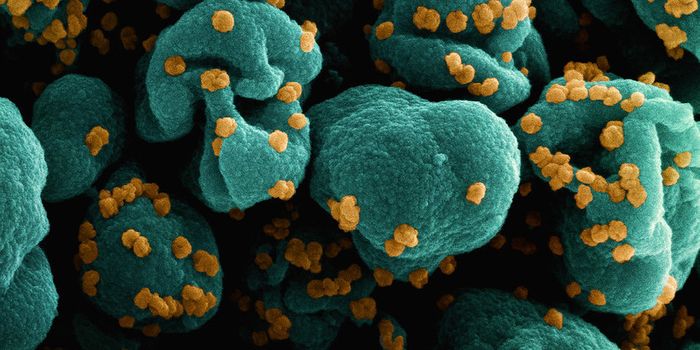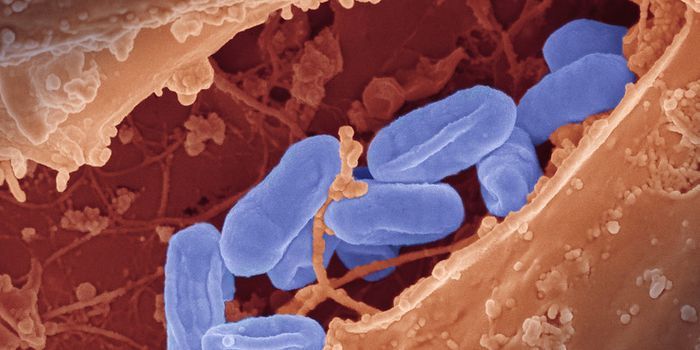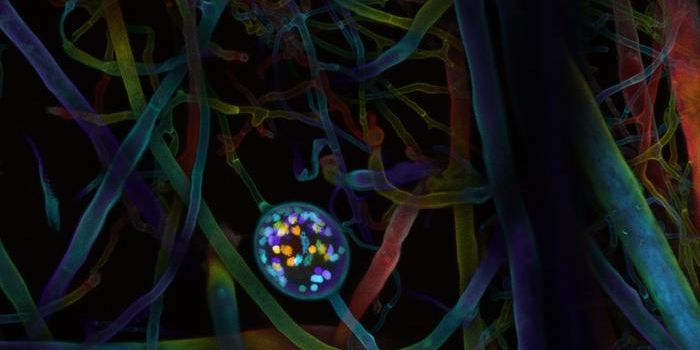Bacteria can Regulate Our Genes
As we learn more about the microbes that populate our gastrointestinal tract, we find that they exert a powerful influence on our health, but all the mechanisms underlying that influence are not known. Now, an international team led by scientists at the Babraham Institute have found that the bacteria living in our guts release a chemical signal that affects our genes, as they help us digest vegetables and fruits. The alterations in our genome may help protect against cancer, and aid us in the fight against infections. The findings have been reported in Nature Communications.
Tags added to our genes, called epigenetic markers, can impact how genes are expressed. One such recently discovered epigenetic tag is called crotonylation. The researchers determined that as fruits and vegetables are digested, molecules called short-chain fatty acids are released. They can migrate from the microbes and into our cells. Within our cells, they increase crotonylation by halting the action of a protein called HDAC2. The investigators have suggested that crotonylation can activate or inactivate gene expression.
"Short-chain fatty acids are a key energy source for cells in the gut, but we've also shown they affect crotonylation of the genome. Crotonylation is found in many cells, but it's particularly common in the gut. Our study reveals why this is the case by identifying a new role for HDAC2. This, in turn, has been implicated in cancer and offers an interesting new drug target to be studied further,” explained the first author of the report, Rachel Fellows.

For this work, the team utilized mice that had few bacteria living in their gut to show that the cells in these mice contained more HDAC2 than mice normally would. Other work has indicated that increases in HDAC2 is linked to an increase in the risk of colorectal cancer. Crotonylation may, therefore, have an important role in preventing cancer. The importance of maintaining a healthy diet is also highlighted by this research.
"Our intestine is the home of countless bacteria that help in the digestion of foods such as plant fibers. They also act as a barrier to harmful bacteria and educate our immune system. How these bugs affect our cells is a key part of these processes,” said the leader of the work, Dr. Patrick Varga-Weisz. “Our work illuminates how short-chain fatty acids contribute to the regulation of proteins that package the genome and, thus, they affect gene activity."
Learn more about how bacteria influence our health, and make us who we are from the video, featuring a Ted talk by Rob Knight.
Sources: AAAS/Eurekalert! Via Babraham Institute, Nature Communications









